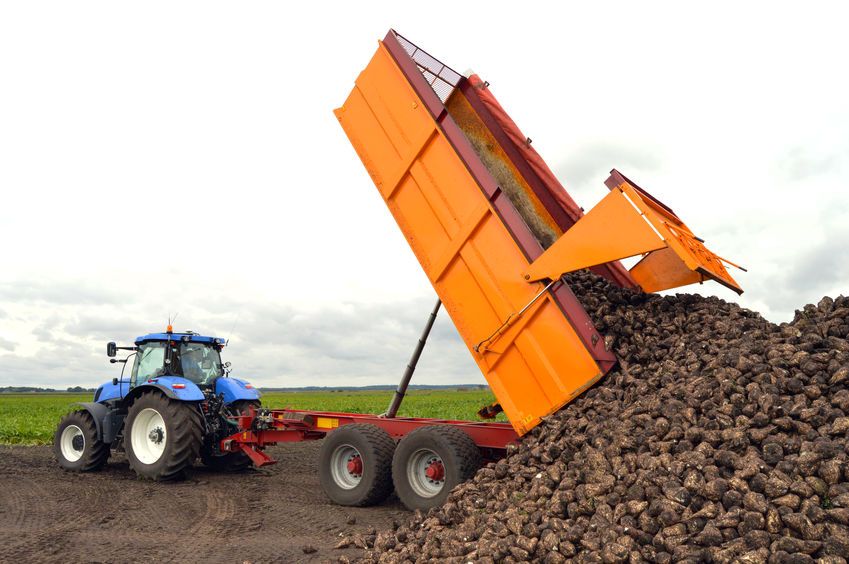
A new study is to look into the feasibility and steps required to re-establish sugar beet and its processing in Scotland.
The announcement comes almost 50 years on from the closure of the Scottish Sugar Beet factory in Cupar, Fife.
The 2020 driver is not to meet consumer demand for sugar, however.
It is to contribute to climate change mitigation and the decarbonisation of industry to meet Scotland’s greenhouse gas reduction targets.
Growing sugar beet again would produce bioethanol as a fuel additive and create new plant-based biotech products.
Scottish Enterprise commissioned the UK bioeconomy consultancy, NNFCC, to produce a report looking at the crop's feasibility, which was published in summer 2019.
It identified that a refinery would need up to 20,000ha of sugar beet from arable land of class 3.1 or better, within a 30 to 60 mile radius of the refinery plant’s location.
Iain Riddell, from SAC Consulting, said a resurrected crop and a new refinery could offer a 'huge opportunity' for agriculture to contribute to CO2 reduction.
But he said farmers will also have to factor in the feasibility, risk and reward of growing a crop that is new to most of them.
“We have experience of producing the closely related energy beet crops for AD and the growing of fodder beet for livestock,” Mr Riddell said.
“It should be possible to grow sugar beet, but comprehensive trials will be required to assess yield, sugar content and hardiness of modern varieties in Scottish conditions.
“Farmers will see this as an opportunity, but also a challenge, because growing conditions are unlike those of the dominant beet growing area of East Anglia where the crop is grown in free-draining sandy loams.”
He said the opportunity is best suited to the arable land in Angus, Fife and Perth and Kinross, potentially extending into the Lothians and Aberdeenshire, all depending on the refinery’s location.
Wider challenges will also need to be considered, such as the potential for soil compaction associated with late, wet harvesting conditions.
Project collaborators include Scottish Enterprise, the James Hutton Institute, SAOS and IBioIC the Industrial Biotechnology Innovation Centre, and farmers will have a chance to join in shortly through the RISS project.
